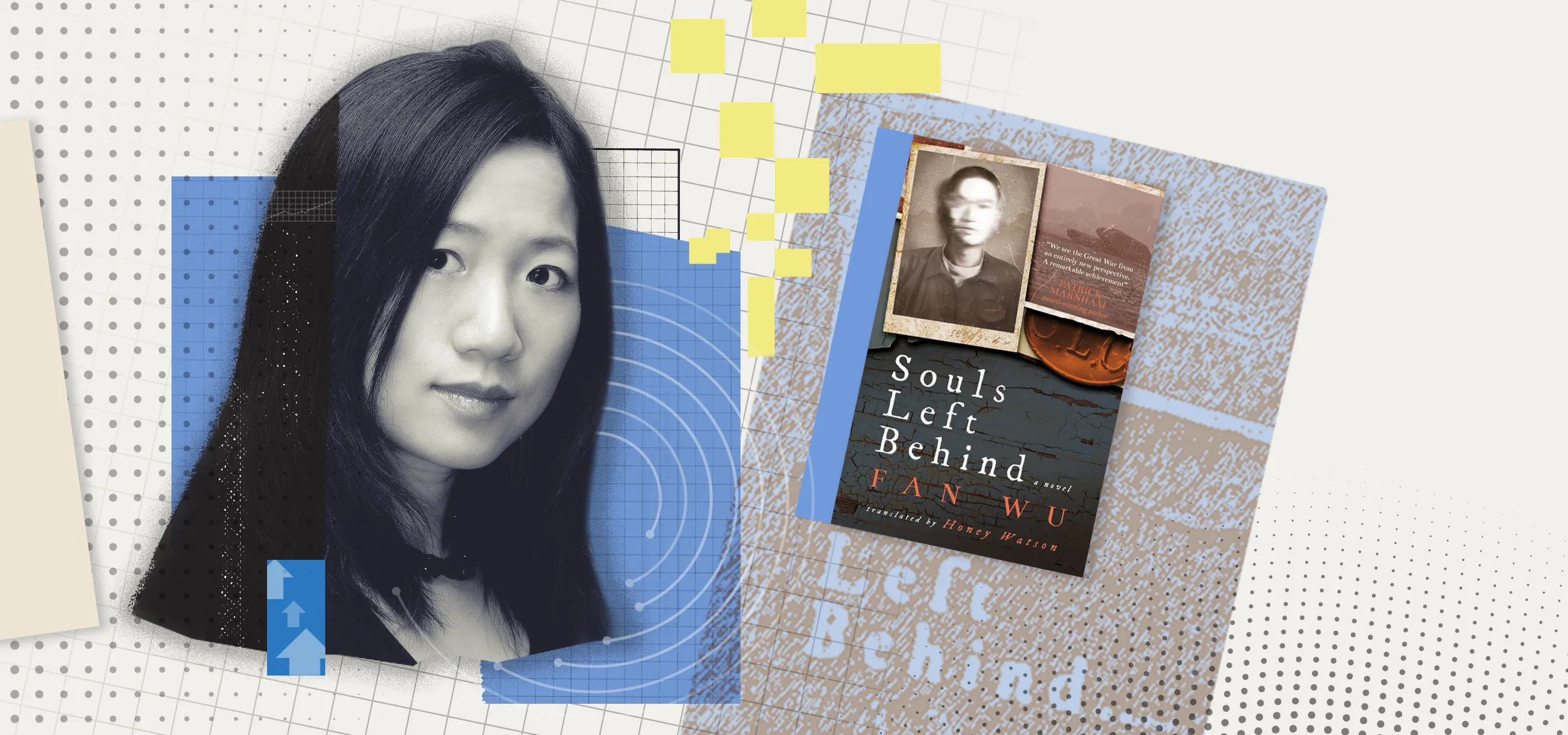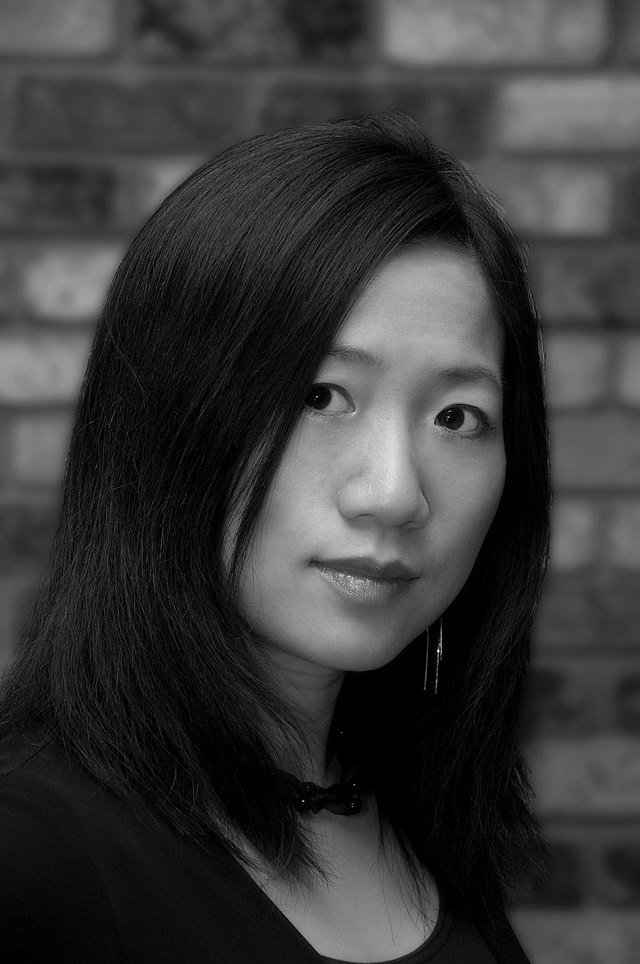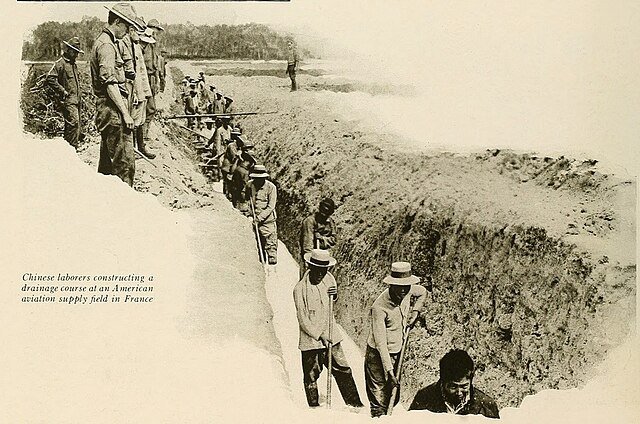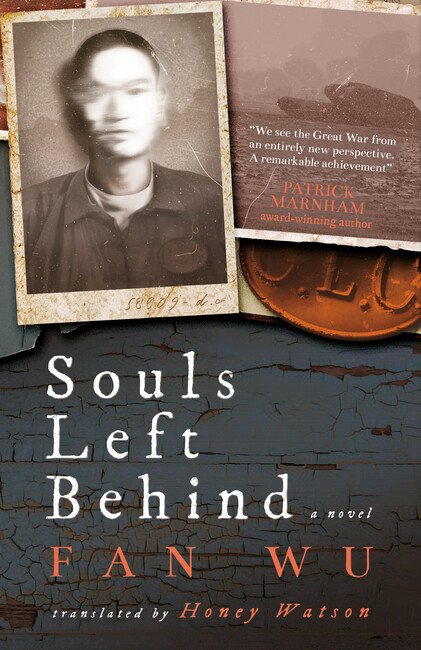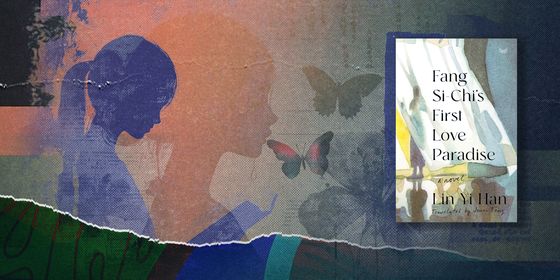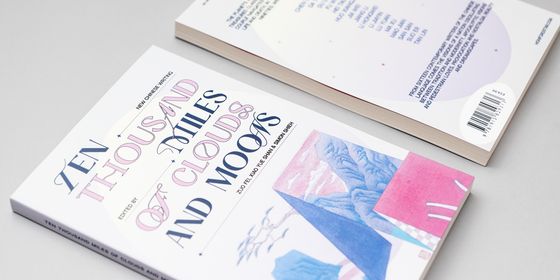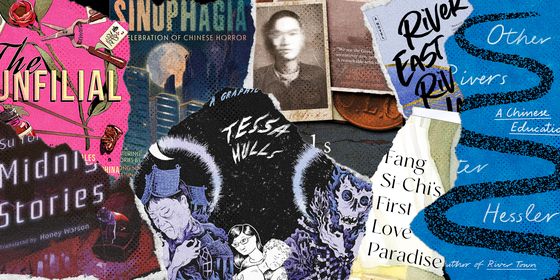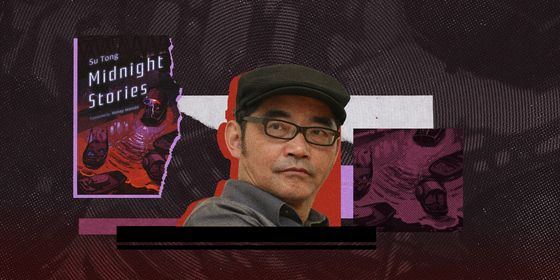Chinese American writer Fan Wu discusses language, identity, and her motivation for revisiting the Chinese contribution to WWI in her new book “Souls Left Behind”
In her latest novel, Souls Left Behind, Chinese American author Fan Wu intertwines the historical contributions of the Chinese Labor Corps in World War One with the personal journey of Zhang Delun, a laborer who settles in France after the conflict. Through Zhang’s experiences, Wu highlights the sacrifices of Chinese laborers and their vital but often unrecognized role in the Allied victory. The novel also explores racism and identity among Chinese immigrants, a pertinent topic today with anti-Asian sentiment on the rise in many countries.
In an exclusive interview with TWOC, Wu talks about her motivation for revisiting Chinese people’s contribution to the Allied war effort, how she balanced history with fiction, and her decision to write in Chinese over English.
TWOC: What prompted you to write a book about the Chinese Labor Corps?
Fan Wu: This book has been seven years in the making. Almost 10 years ago, I read a brief piece of news on the internet that mentioned a place in northern France with the largest cemetery of Chinese laborers in Europe. This piqued my curiosity.
I had no idea about the history of 140,000 Chinese laborers going to Europe during the First World War. I found a little bit of information online but it was not nearly enough to satisfy my hunger for this subject. I began to do more research. That’s when I realized there wasn’t much available. Few people in China or the West were aware of this history. I even talked to some friends in China who were well-read journalists and they didn’t know anything about it. The history is not just hidden, it’s also forgotten. As a Chinese, writing this book carried a lot of weight for me.
How did you approach writing historical fiction? What challenges did you face to make your vision for the book a reality?
This book is my first historical novel. When writing historical fiction, historical facts and details are very important. I’m a bit of a perfectionist when it comes to writing. It took me a lot of time to get the details right, even though it’s fiction. I want my readers to feel they are invited into a real universe. I wanted them to see my characters and understand their motives and emotions.
I had a long list of questions, probably more than 100 when I first started researching for this book. How did laborers come to France? What was the food, clothing, housing, work, and transportation like for the laborers? What uniforms did the soldiers from different countries wear and what weapons did they use at the time? I probably read at least four or five books just about trenches during the First World War. And also how were the laborers received by the locals? What kind of arrangements were made for the laborers afterward?
I would spend days trying to figure out a small detail. For example, I wondered what the ship that transported the laborers across the Atlantic looked like, so I went to talk to a friend. He is 85 years old, the same age as my protagonist Zhang Delun, and served in the British Royal Navy. He explained to me the specific details about military ships. I also read about fashion during that time because I wanted to know what Zhang’s mother-in-law, a traditional French housewife, could have been wearing when they first met each other.
Doing research was exciting but it was very exhausting at the same time because as soon as I found the answer to one question, another popped up. A lot of times it was difficult to find what I needed. At some point, I had to stop myself as I realized the danger of getting sucked into my research.
For a while, I felt like I was living in the First World War myself. I was dreaming of the war. When I was cooking, when I was taking my children to school, I was thinking about war. It was a very dark period in history.
So that was probably one of the biggest challenges I had—to balance including too much or too little history in the book.
When I started writing this book, my daughter was only six or seven years old. And now she’s 15. I feel like if I didn’t write it, I probably could have been a better parent. Sometimes I do feel like I ignored my children because I was so involved in writing the book.
Why do you think the story of Chinese laborers from over 100 years ago is still important and relevant for readers today?
Supposedly the First World War was the war to end all wars, but look at what’s happening right now in our world.
Learning about the past helps me better understand human nature and current events. Souls is a book about the war, about a very difficult period, but it’s also about friendship, love, and humanity. I don’t even want to call it a war novel because it’s not. It’s a novel just about people. Beneath the narratives of politics and war lie real individuals with emotions and motives. I think everyone can relate to that, even a young reader who probably has never experienced war or any real hardship. I wanted people in the West to perceive the Chinese people through the lens of humanity and individual experiences rather than through abstract political or cultural frameworks.
In the book, the protagonist Zhang Delun and his daughter Anne struggle with their Chinese identity and face racism. Do you think that’s reflective of issues still present in society today?
For sure, unfortunately.
In the book, Zhang keeps his past hidden from his daughter because of the racism he has experienced, and this secrecy almost becomes a barrier in their relationship. Anne was even resentful of him for a while. All these experiences are still very real in our current society.
I’m involved in a nonprofit organization serving Chinese immigrants in the San Francisco Bay area and I think racism is a regular concern among many immigrants. I share that same sentiment. I remember when my daughter was about eight or nine years old, she made a presentation in her class and the topic was her identity. She said, “I’m 50 percent Chinese, 50 percent Swedish, and 100 percent American.” Her words really made me think for a long time. It’s a complicated issue that can’t be summarized or solved in a few sentences, but it’s good that we’re talking about it, instead of pretending there is nothing problematic.
Souls is another contribution to a growing field of Chinese immigrant stories. Were there any stereotypes or tropes of that genre you wanted to avoid in your novel?
I did not really think about that when I was writing this book. I live in the US and it’s a country with a long history of immigration. People talk a lot about the so-called American dream, the belief that anyone can achieve success through hard work and sacrifice. So there are a lot of popular books about someone coming from a very humble background and rising to the top. A lot of people find that kind of book very inspiring.
For me, I don’t want to get into any political discussion about immigration history or policies. I would like to invite my readers to reflect on Zhang Delun’s life. Who is he? Is he a hero or is he a coward? Or perhaps he is just a very conflicted individual. What motivated him to make those life-altering choices? What made him decide to leave China, abandoning his rich family to move to France to be a laborer?
There’s some truth in stereotypes, but on the other hand, there are also harmful stereotypes. In real life, a lot of times it is in between.
In reality, most members of the Chinese Labor Corps were farmers. Why do you make Zhang, the story’s protagonist, a well-educated young man from a rich family?
I wanted to create a contradictory protagonist. Someone not so straightforward, someone with depth, complexity, and also highly self-aware. I wanted this person to be an observer and have a lot of reflection on who he is. Zhang is such an individual.
When he was young, he longed for freedom and societal reform. He had all this passion and ambition. Yet he stopped his education and succumbed to his parents’ wish to marry. He decided to go along with the wedding. He was well-educated and came from a very rich family, but after joining the Chinese labor corps, he had a different life. He befriended these illiterate laborers. He was a very kind and compassionate person but he abandoned his best friend. He loved his French wife and wanted badly to assimilate into French society, but he was still torn between his home in France and his home in China. He made some decisions that he regretted for the rest of his life, but on the other hand, he had no other choices.
You’re a bilingual writer and have previously translated your own works. How do you decide on what language to use and why did you choose to write Souls in Chinese before having it translated into English by Honey Watson?
I’ve been asking myself this question for a long time. I believe language is a mindset, not a tool, and translating is also a creative process. Both Chinese and English are very dear to me and I’ve always been torn between writing in one versus the other. That’s why I keep going back and forth and it’s an exhausting process.
For Souls, I actually started the book in English. I wrote three chapters and it was painful. I quickly realized it was wrong to make these laborers speak English. When I first started writing in English in my late 20s, to improve my language skills, one night I dreamt of my grandmother, who was an illiterate woman from the countryside. I was very close to my grandma but in my dream, she was speaking English to me. She asked about my life in the US. She asked how I was doing. When I woke up, I cried because I felt I had been deprived of a very precious and intimate moment with my grandma. I was very homesick at the time and even in my dream, my grandma spoke a language that I didn’t feel very close to. That was very disturbing and sad for me.
So, coming back to this book, most of the laborers are illiterate and have a rural accent with a unique vocabulary filled with slang. So when I was writing about them in English, I felt I was completely disconnected from my characters and my characters were protesting that. As soon as I switched to Chinese, I felt that they began to speak freely, they could laugh, and chit-chat between themselves. It was a very interesting experience.
As for translation, initially, I had to translate my own works because I wouldn’t trust anyone else. But for this book, I was exhausted after seven years. And since the characters all speak in accents and use slang, I wouldn’t have been able to convey the subtlety in a second language.
This is my first time working with a translator. My publisher introduced Honey Watson and I had a lot of communication with her before she started and even after she sent me the first draft. We worked together so closely it’s almost a collaboration. She did a fantastic job.
But I will never have complete trust in a translator.
Revisiting the Chinese Labor Corps: An Interview With Author Fan Wu is a story from our issue, “Viral Attractions.” To read the entire issue, become a subscriber and receive the full magazine.





